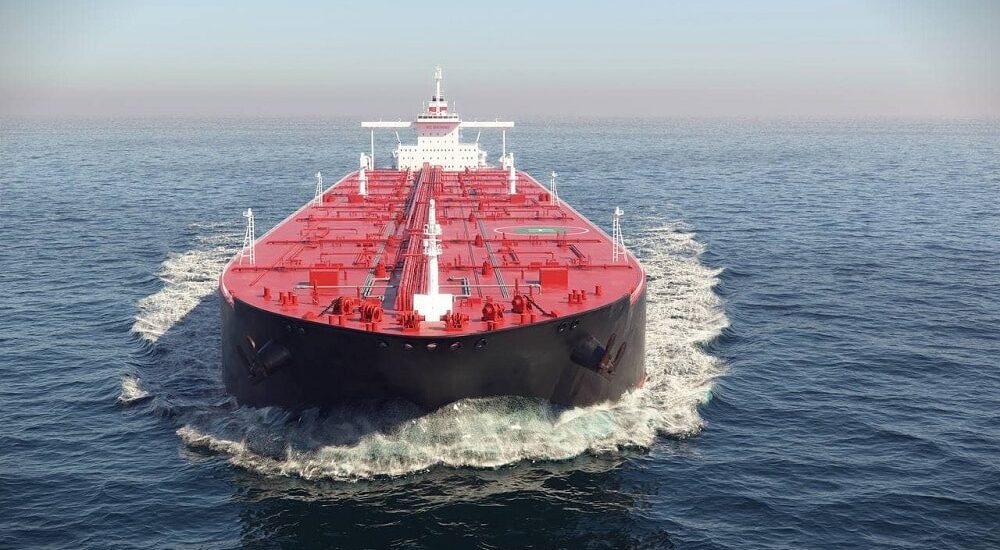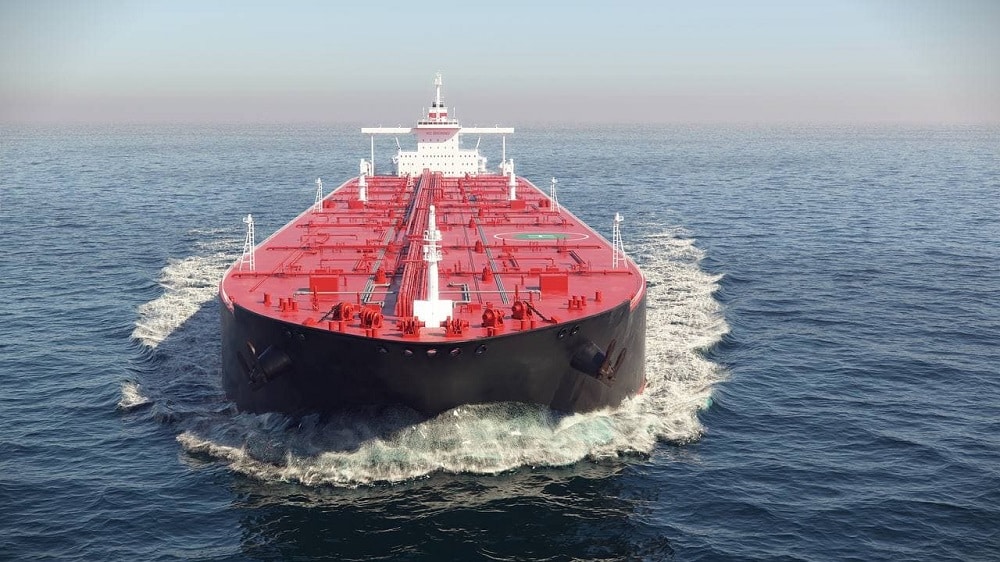
Recent developments reveal a pause in the import of what was once touted as ‘inexpensive’ Russian crude oil, triggered by a refining process that yielded a higher proportion of furnace oil compared to petrol. A trusted National Daily presents insights from sources indicating that Pakistan Refinery Limited (PRL) has declined further processing of Russian crude, citing significant disparities in the production of petrol from Russian versus Arabian crude.
Reportedly, the much-anticipated cost savings of importing Russian crude have been marred by unfavorable outcomes. The quantity of furnace oil generated from the Russian variant exceeds expectations, tempering the perceived advantages. Additionally, the production of kerosene and jet fuel from Russian crude has demonstrated lower yields, further eroding the anticipated benefits.
In late June, Pakistan received its second cargo of Russian crude, amounting to 55,000 tons. This followed the arrival of the inaugural 45,000-ton shipment on June 12, marking the initiation of Pakistan’s Russian crude imports.
Initially hailed as a transformative move that would drive down domestic petroleum product prices, the reality has cast a shadow over these optimistic expectations. The diminished production of petrol from the Russian crude has dampened the envisioned benefits, prompting a reconsideration of the imported resource.
While the report posits that the feasibility of Russian crude could potentially materialize if its prices remain stable in the face of rising global oil prices, such a scenario appears less plausible. The complex dynamics of the global oil market cast uncertainty on this prospect.





